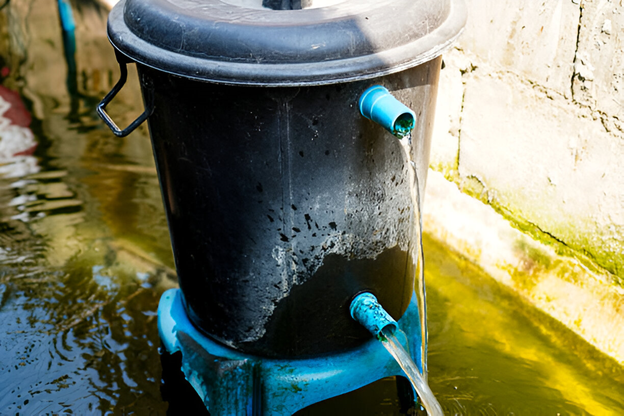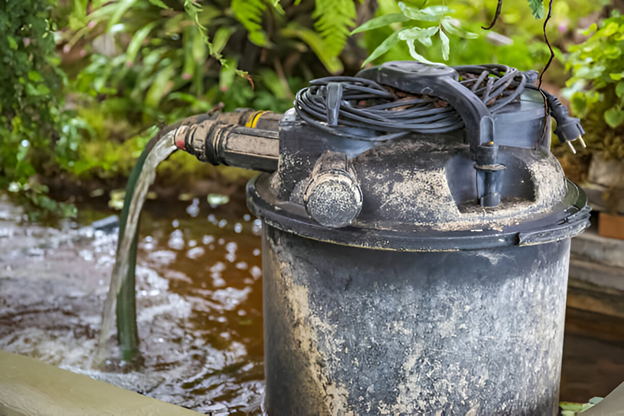If you dream of a crystal-clear backyard pond, you should give filtration top priority. Clear water indicates a good marine environment; it’s not only about beauty. Knowing how mechanical and biological filters operate will help you save time, money, and a whole lot of algae-related stress whether you have koi, goldfish, or simply a peaceful water garden.
Regarding dependable and efficient pond gear, Evolution Aqua Pond Equipment is a well-known brand in the pond industry. Their filters are meant to provide best performance in both biological and mechanical filtration. That Pond Guy provides professional guidance to help you choose the ideal system depending on the size and requirements of your pond if you are unclear where to begin or what setup is best.
What Mechanical Filters Do?
First line of defense in any pond filter system are mechanical filters. They manually remove solid waste including fish waste, uneaten fish food, dirt particles, and leaves. They prevent the muck from accumulating, much like the vacuum cleaner of the pond; they do not chemically or biologically treat the water.
Usually employing foam, brushes, or filter mats, these filters catch particles. If you ever see murky water or debris at the bottom of your pond, your mechanical filter either isn’t large enough or needs a thorough cleaning. Early capture of the particles helps mechanical filtration avoids clogging in other areas of your system and maintains the water clean.
The Strength of Biological Filters
Biological filters operate behind the scenes on a microscopic scale whereas mechanical filters tackle the evident clutter. Useful bacteria use colonies of themselves to help breakdown toxins like ammonia and nitrites generated by fish waste and rotting organic material. Through a process known as the nitrogen cycle, these bacteria turn poisons into fewer harmful nitrates.
Typically including bio-media such ceramic rings, bio-balls, or purpose-designed plastic frameworks with great surface areas for bacteria to flourish, biological filters Although it takes some time for these filters to develop, they are essential for preserving pond health over the long run once the bacterial colony grows.

Why Both Kinds of Filtrations Are Essential?
Some pond owners commit the error of deciding on just one kind of filtration. Actually, biological and mechanical filters perform best when employed in tandem. Mechanical filters catch the big debris so that the biological filter can run effectively free from being overloaded by solids.
A good balance makes use of the advantages of both. For instance, employing a mechanical filter to eliminate sediments prior to passage through a biological filter provides germs a nice habitat to operate. This arrangement results in better fish and clearer, cleaner water.
Maintenance Tips
- Regularly clean your mechanical filter—every 1–2 weeks depending on the size and level of debris in the pond.
- Avoid over-cleaning your biological filter; too frequent rinsing or chlorinated water will kill the helpful bacteria.
- Overloading your filters results from extra food as well as overfeeding fish.
Conclusion
Pond health depends critically and uniquely on mechanical as well as biological filters. Combined, they form a balanced system that maintains your fish healthy, your water pure, and your maintenance schedule manageable. Investing in premium equipment and seeking advice from professionals guarantees your filter system is designed for durability. Your pond will flourish year after year once filtration is fine tuned.


